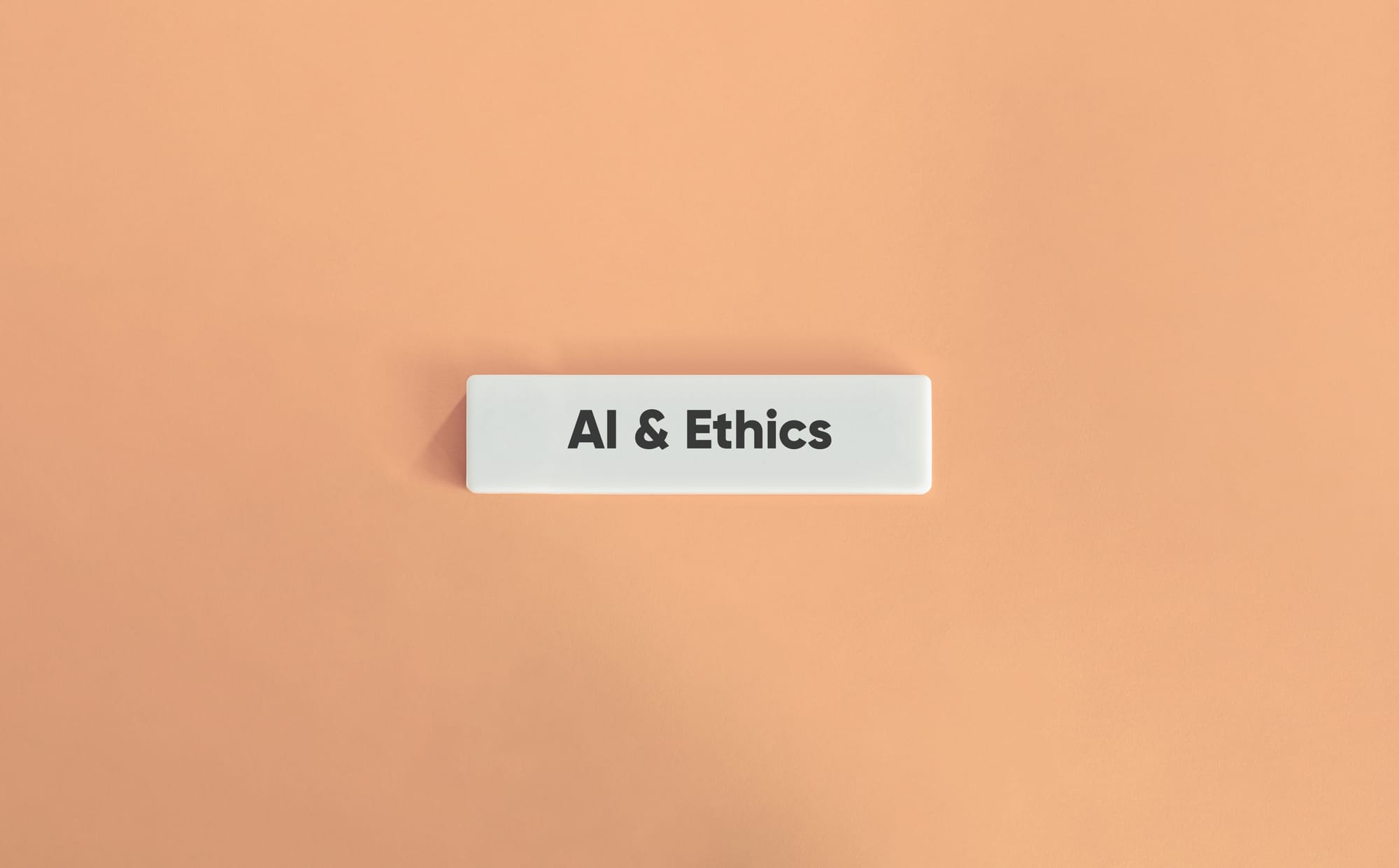Lawyers: How to navigate AI court practices
Plus: A look at legal marketing tactics

Since 2023, hundreds of rules have cropped up regarding AI's use in the courtroom. But who can keep track of them all? Today, we look at what lawyers can do in a fragmented AI landscape. Plus: Is it the decade of the female lawyer? Read on for more insights for lawyers.
P.S. Interested in advertising in Raise the Bar? Send us an email.
In today's newsletter:
-
A new look at legal business structures
-
Keeping track of court mandates on AI
-
Do you really need another meeting?
-
Questions to ask about legal marketing

Power play: Will President-elect Donald J. Trump's promised actions be legal?
A knockout ad? A law firm got in on the Mike Tyson/Jake Paul hype.
Ack! Announcing the four scariest words a lawyer can hear.
Lights, camera, action: What movies and TV get right – and wrong – about trials.
Compassionate lawyering: It’s not “a fluffy self-help thing,” says a positive lawyering expert.

Can modern attorney fee-sharing boost justice?
Professional independence has long been a pillar of the legal profession, with rules of ethics preventing fee sharing with non-attorneys. The American Bar Association’s Model Rule 5.4 restricts the ways in which attorneys and firms can structure business relationships with individuals outside the profession. In an article on LawSites, licensed attorney Michael Abdan of legal software company CloudLex asks whether modifying or removing restrictions based on Model Rule 5.4 can increase access to justice. The article includes an overview of how states have addressed the question, including Arizona, which has eliminated the rule, and Florida, which has considered and rejected nearly all suggested modifications.
Why It Matters: “With DIY software companies that offer legal services flooding the market, it is not a stretch to say that the walls are closing in on attorneys, and the profession must decide soon or risk becoming irrelevant,” says Abdan. “Allowing alternative business structures (ABS) between lawyers and nonlawyers can enable attorneys to stay relevant and participate in a landscape that threatens the survival of the legal profession.” (LawSites)

Keeping track of AI rules
More than 200 state and federal judges have issued standing orders, local rules, and the like since 2023 to address AI use in the courtroom, according to Jessiah Hulle of Gentry Locke, writing for Bloomberg Law. The challenge for litigators is that there does not seem to be a single consensus on what such rules should entail. Hulle writes that the first of these orders — issued by Judge Brantley Starr of the U.S. District Court for the Northern District of Texas — was issued in response to concerns about generative AI hallucinating case law. Since then, these types of rules have varied widely and other rules governing AI have cropped up to address concerns like deepfakes in evidence.
Why It Matters: Standardizing AI rules as they relate to the courtroom is necessary to protect lawyers and their clients. “At present, no single strategy can comply with all judicial mandates on AI,” Hulle writes. “Instead, practitioners should carefully and precisely read, interpret, and follow individual AI orders and rules.” (Bloomberg Law)

- Dec. 10: Clio Top AI Tools to Save Your Firm Time in 2025 webinar
- Jan. 26-30, 2025: National Trial Lawyers’ Trial Lawyers Summit, Miami Beach
- Mar. 24-27, 2025: ALM/Law.com Legalweek, New York City
Do you have an industry event you'd like us to include? Hit reply to this email.

Re-thinking the how and why of meetings
Matt Homann of Filament offers a stark picture of the real price of all those meetings lawyers are often inclined to have: “Your people are your most expensive cost and the most important investment you make, and they’re spending 50% of their time in meetings that may not need to have happened, think about the millions of dollars the average organization is throwing away.”
Appearing on the Lawyerist podcast, Homann, a non-practicing attorney who now provides consulting and training on how to have effective meetings, encourages lawyers to be more thoughtful about why they schedule meetings and what issues could be addressed in other ways, such as asynchronous communications like Slack. Homann suggests being specific about the purpose of any meeting and divides them into four categories: dreaming, debating, deciding, and doing. (🎧 Lawyerist)

- 5 leading legal ops pros
- Tech industry group challenges Cal. social media law
- Survey shows 79% law firm AI adoption
- Miles & Stockbridge merger strengthens real estate practice

What to expect from a legal marketing agency
Many firms want to improve their marketing game but don’t know what to expect from a legal marketing agency. On the Lunch Hour Legal Marketing podcast, co-hosts Gyi Tsakalakis and Conrad Saam role play a conversation between a firm leader and a marketing agency to give examples of what a firm can expect. In the conversation, they discuss the importance of measuring how clients find the firm, quality of referrals, and how the relationship between firm and marketing agency might be structured. (🎧 Lunch Hour Legal Marketing)
Thank you for reading Raise The Bar.
Every Thursday, you'll hear from our team about the most pressing issues facing legal practices today. We'll also try to include some quick-hit reads that touch on interesting cases and precedents being set worldwide.
Have anything you'd like us to cover? Send an email raisethebar@mynewsletter.co
Written by Suzi Morales. Edited by Katie Parsons.

